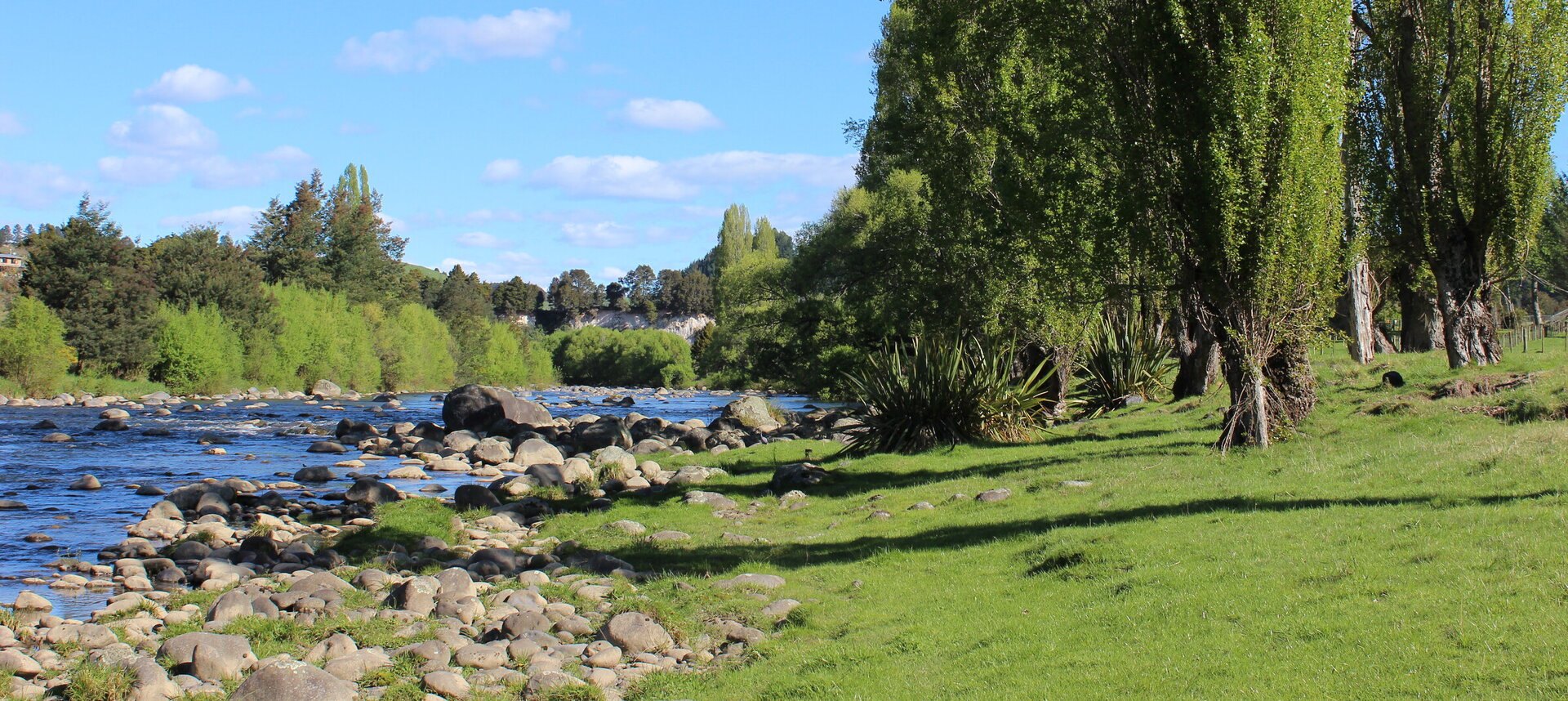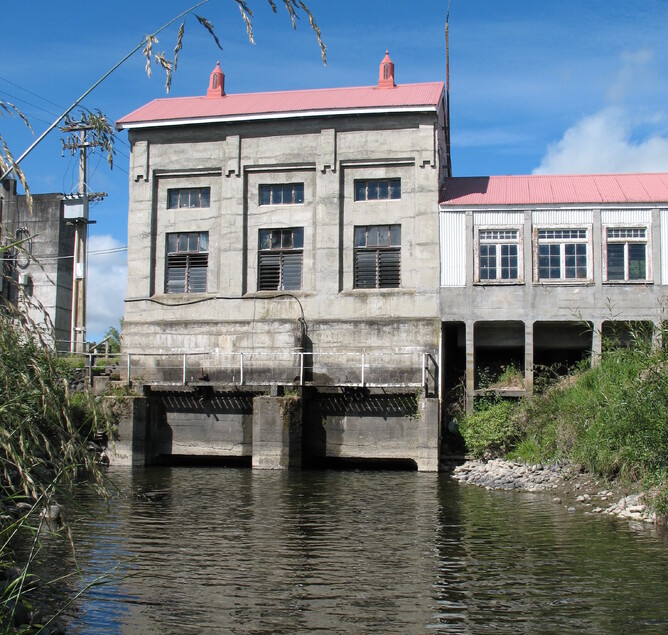The Government’s RMA reforms will trap small hydroelectricity generators in an endless and costly consenting loop and lead to less investment in hydro renewable electricity generation, according to King Country Energy (KCE) general manager Chris Fincham.
“We are one of the operators of the numerous small hydro schemes around the country who connect to local electricity networks, not the national grid, and supply electricity to households around New Zealand,” says Chris.
KCE is based in Taumarunui and owns five hydro schemes throughout the central North Island: Kuratau (near Taupo), Piriaka (near Taumarunui), Wairere and Mokauiti (near Aria), in addition to Mangahao in Shannon. These stations have the maximum capacity to produce 53.1MW of electricity, enough to power 24,000 households.
The company, and its predecessors, has operated for 100 years and provides economic opportunities to local communities, as well as community group funding and sponsorships including the Heartland Community Fund, Grassroots Trust Rescue Helicopter and Waikato Westpac Rescue Helicopter.
“At the moment, all hydro-power schemes get 35 year consents to use water. Under the proposed Natural and Built Environment Bill, that stays the same for the large grid-connected generators. Yet the consent period is slashed to only 10 years for smaller schemes like ours,” says Chris.
Chris affirms that KCE absolutely understands the need for the consenting process, and consultation with key stakeholders in the local communities around its power stations.
“One of our core values focuses on acting as responsible operators, and custodians for the natural environments in which we generate power. It’s the increased consenting frequency, three times more often than current settings, that we take issue with.
“In addition, after the Bill passes new regional plans will have to be written – a process which will take 7-10 years. Any small hydro consents that expire during that time will be cancelled, and once a plan is completed, we’ll have to reapply within three years. Even then, a ten-year consent is not a guarantee. It’s an expensive, time-consuming process for smaller companies like KCE.”
To put this timing into perspective, KCE’s oldest power scheme Piriaka will celebrate its 100th anniversary in February 2024, with its other schemes at Mangahao and Wairere not far behind.
“Our schemes have a long life, and we hope to be generating renewable energy for our communities for another 100 years. Because of this, we have a long investment horizon of 25 plus years with ongoing maintenance, and we constantly evaluate modern enhancements to ensure we’re efficient and productive.
“It’s near impossible to run a hydro scheme that has an asset life of over 100 years if you only have certainty of up to 10 years’ of water – and 10 years of revenue – at a time,” Chris says.
“Like all independent generators, we’re not static and want to grow, and are actively looking for new renewable energy opportunities. These reforms will make it very difficult to commit and attract investment for upgrades to increase power output. New hydro schemes are unlikely to be built, and the cut in revenue will also stop us investing in other renewables like wind and solar, something the country needs urgently right now.
“To meet current renewable energy targets, New Zealand must add at least a Clyde dam’s worth of new electricity capacity every year. That’s a rate of investment six times greater than what has happened over the last decade. So what is the logic behind putting all the of the nation’s small hydro schemes at risk at this time?” says Chris.
Chris explains that the reconsenting process is long and a huge demand on financial and staff resources, both for generators and councils. It involves stakeholder engagement with numerous parties who all have a strong interest in water use.
“These resources should be focused on consenting new schemes, not existing ones that in most cases have been there for many years. A scheme’s environmental impacts rarely change over time.”
Smaller hydro-power schemes perform several important functions in our wider energy ecosystem, says Chris, helping to reduce winter peak demand and providing the option to keep homes and businesses supplied if there is a failure in the national grid.
“Last but not least, we do provide consumers with some pricing competition for the big power companies. These RMA reforms are anti-competitive and will create an uneven playing field, as small schemes like ours will go through the reconsenting process more than three times as often as grid-connected generators.
“It’s in everyone’s interests to see this bill changed. Our local communities can get behind our schemes by supporting us through any upcoming reconsenting processes, and engaging with their local MP on this issue,” says Chris.

